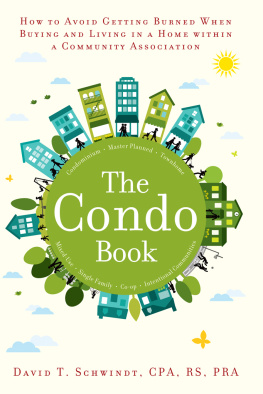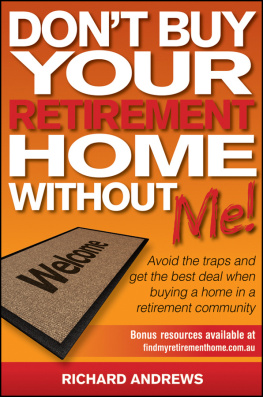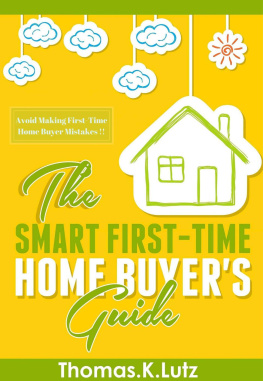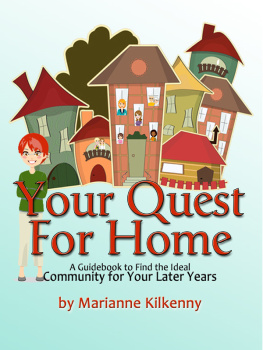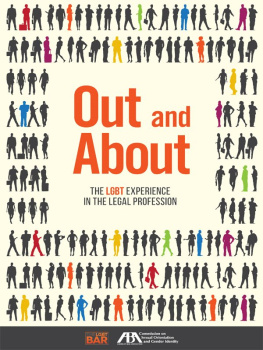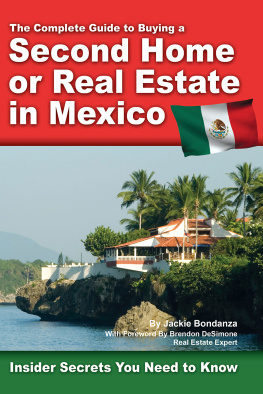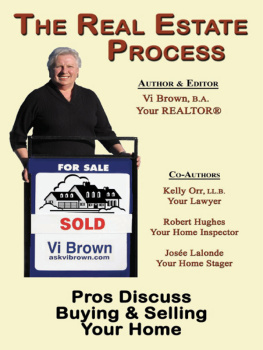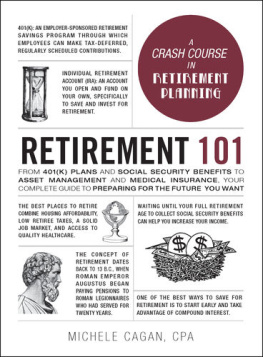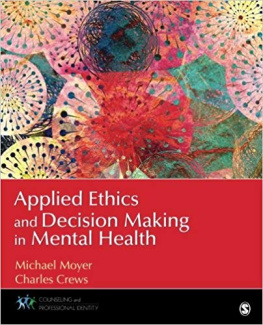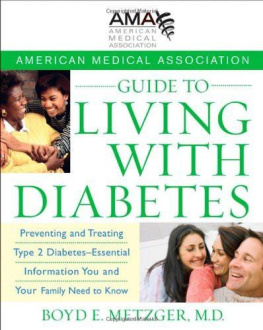
The
Condo
Book

H ow to A void G etting B urned W hen
B uying and L iving in a H ome within
a C ommunity A ssociation
D avid T. S chwindt , CPA, RS, PRA
Schwindt & Co.
Certified Public Accountants and Consultants


20827 N.W. Cornell Road, Suite 500
Hillsboro, Oregon 97124-9808
503-531-8700 / 503-531-8773 fax
www.beyondword.com
Copyright 2016 by David T. Schwindt
All rights reserved, including the right to reproduce this book or portions thereof in any form whatsoever without prior written permission of Beyond Words Publishing, Inc., except where permitted by law.
First Beyond Words trade paperback edition March 2016
Beyond Words Publishing is an imprint of Simon & Schuster, Inc., and the Beyond Words logo is a registered trademark of Beyond Words Publishing, Inc.
For more information about special discounts for bulk purchases, please contact Beyond Words Special Sales at 503-531-8700 or .
Manufactured in the United States of America
10 9 8 7 6 5 4 3 2 1
Library of Congress Control Number: 2016933918
ISBN 978-1-58270-582-8
ISBN 978-1-58270-583-5 (ebook)
The corporate mission of Beyond Words Publishing, Inc.: Inspire to Integrity
T his book is dedicated to my children, Sarah and Stephen, who are a constant inspiration to me, as well as to the outstanding team of professionals at Schwindt & Co. and our HOA clients who have given us an abundance of good feedback over the years.
Preface
E arly in my accounting career, I was introduced to condominium and homeowners associations through an affiliation with an office-sharing CPA who needed help auditing an association. This was in 1984. As I learned more about associations and this industry, I became intrigued with the nuances not only with accounting, budgeting, and tax issues but also with governance and ongoing maintenance of association properties. This was the start of a lifelong learning process that began with the formation of Schwindt & Co. in 1989, a full-service CPA firm located in Portland, Oregon, specializing in providing accounting and tax services and reserve studies and consulting with over five hundred condominium and homeowners associations in the Pacific Northwest. Our firm of over fifteen professionals acts as a resource in many areas of accounting, governance, budgeting, and tax consulting.
Over thirty years of experience have been brought to bear in creating this bookthat experience includes specialized training in the fields of accounting, auditing, taxation, and reserve-study preparation. There are many publications devoted to certain aspects of condominium and homeowners associations. This book integrates numerous concepts and acts as a resource for buyers, sellers, board members, community industry professionals, and members of associations alike.
Inadequate training and dissemination of information and best practices are the limiting factors in most associations, preventing them from operating as vibrant, successful organizations. It is my hope that this book may help foster understanding and harmony within associations and provide a blueprint for successful associations.
Introduction
I like surprises.
A gift from a loved one, ones son or daughter accomplishing something special, a visit from an old friend. These are nice surprises.
I like condominiums.
Condominiums are relatively inexpensive, require very little property maintenance by the individual unit owners, and often have other amenities such as clubhouses, swimming pools, and tennis courts.
What I dont like are condominium surprises.
Condominium surprises generally mean drama, that I need to write a check Id really rather not write, or that I have to live with something that may adversely affect my quality of life.
This book helps to avoid financial and other surprises when buying a condominium or a single-family home within an association. The Condo Book is also a resource to help understand best practices within the community and provide ways to foster community in order to enhance the living experience of all members.
In this book, I explore:
- Ways to avoid making a costly mistake when buying a condominium or single-family home within an association
- Discussion of the similarities and differences among condominiums, single-family home associations, cooperatives, timeshares, manufactured home parks, and intentional (cohousing) communities
- Tips on implementing best practices within an association
- Tips on how to create community within an association to foster a better lifestyle for all members
- Suggestions for further reading in each subject area
Home ownership within an association has skyrocketed in the last twenty years. Even though the housing market in some areas of the country is still struggling to work its way out of the recession, the shortage of properties has buyers scrambling to find suitable housing. Soon builders will begin building new condominiums again.
This book speaks primarily to condominium associations. I believe condominiums are a wonderful way to maximize your housing dollars and, under the right circumstances, can provide both a great lifestyle and a wise investment. However, the days of banking on rising condominium prices and ensuring that anyone buying a condominium will see a good rate of return on an investment are overat least in the foreseeable future. This is not meant to be discouraging or depressing, merely realistic. Todays buyer needs to be more sophisticated than ever to avoid costly mistakes in buying a condominium. It is the goal of this book to help you become the most savvy, sophisticated buyer you can be in todays buyers climate.
As is detailed in the pages to come, many condominium associations are in dire financial straits brought on by underfunded reserves; improperly maintained common property such as roofs, siding, and windows; and general mismanagement. With the real-estate meltdown in 2007, many homeowners ran into financial difficulty and were not able to pay monthly condominium assessments. This has led to cash flow shortages for many associations. To continue operating, associations in many instances reduced the required contributions to reserves and did not pay for ongoing maintenance procedures on common area properties. The challenge for buyers of condominiums today is that the warning signs of financial problems are not always readily apparentthe worst-case scenario is that a new buyer finds out a year or two after purchase that a special assessment (see for more on special assessments) is needed to satisfy the financial needs of the association.
Many associations put off addressing these financial needs until it is too late, and whoever owns a home at the time of crisis has to pay in order to correct years of financial mismanagement. In many cases, associations play a costly game of financial musical chairs. What does this mean for you? Depending on when you buy your condominium, you could be doing so right after a series of costly projects requiring a special assessment. At this point, you have dodged a major financial bullet. However, if the culture of the association is not to fund reserves (discussed in ), the next time there is a major project and you still own the condominium, you will be required to pay for that special assessment.
Next page
